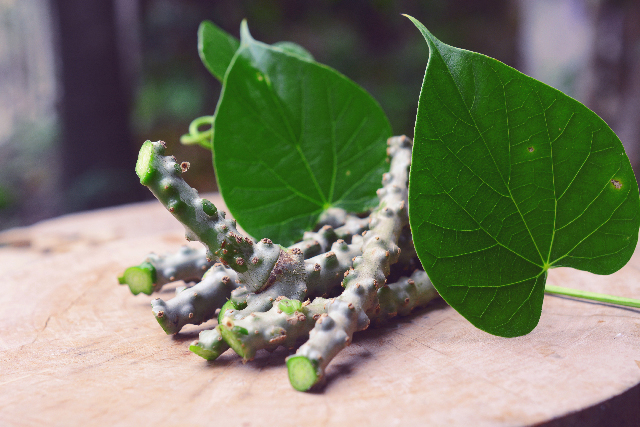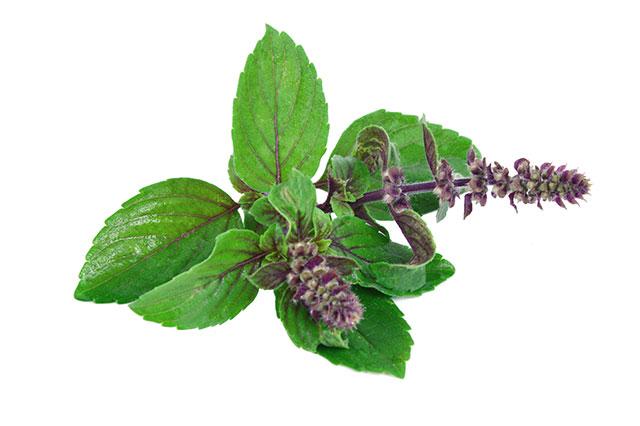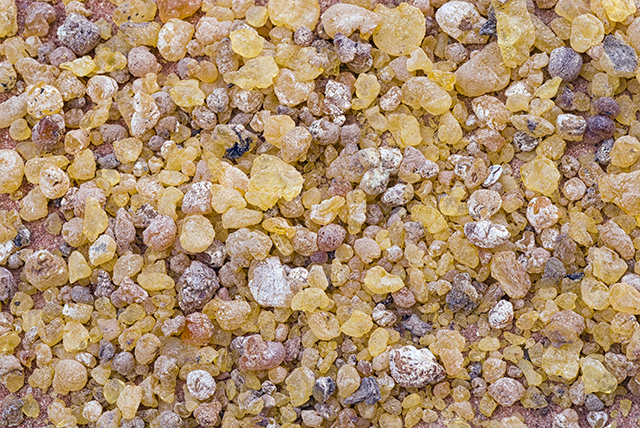A compound in the dried bark of the Danggui analyzed for its potential effects on human bladder cancer cells
10/18/2018 / By Ellaine Castillo

Researchers discovered that N-butylidenephthalide, a compound isolated from the dried bark of Danggui (Angelica sinensis), has anti-proliferative and anti-metastatic properties. In this study, which was published in BMC Complementary and Alternative Medicine, the researchers looked at the potential effect of N-butylidenephthalide on bladder cancer.
- Bladder cancer treatments fail 95 percent of the time, which is why it’s important to find naturally-occurring compounds that have anticancer properties.
- Danggui is traditionally used in Chinese medicine. Some of its medicinal applications are replenishing blood and the treatment of menstrual disorders.
- Previous studies on Danggui led to the isolation of the bioactive compound N-butylidenephthalide. This compound was shown to prevent cancer cell growth and induce apoptosis.
- For this study, the researchers initially evaluated the anticancer properties of Danggui based on existing data regarding the incidence of bladder cancer in 17,091 patients that were or weren’t exposed to Danggui.
- The researchers also conducted in vitro and in vivo experiments to determine the anticancer effects and cytotoxicity of N-butylidenephthalide on bladder cancer. For the in vitro experiments, bladder cancer cell cultures were used. Meanwhile, mice were used as animal models for the in vivo xenograft experiments.
Results of the study showed that exposure to Danggui significantly reduced the occurrence of bladder cancer in the patients that they observed. The researchers also observed that N-butylidenephthalide from Danggui prevents bladder cancer cell growth and metastasis. Inhibition of cancer could be attributed to the cytotoxic activity of N-butylidenephthalide, which is brought about by the activation of the mitochondria-intrinsic pathway.
Read the full text of the study at this link.
Learn more about the effects of Danggui on human bladder cancer cells by visiting ChineseMedicine.news today.
Journal Reference:
Chiu S-C, Chiu T-L, Huang S-Y, Chang S-F, Chen S-P, Pang C-Y, Hsieh T-F. POTENTIAL THERAPEUTIC EFFECTS OF N-BUTYLIDENEPHTHALIDE FROM RADIX ANGELICA SINENSIS (DANGGUI) IN HUMAN BLADDER CANCER CELLS. BMC Complementary and Alternative Medicine. 6 December 2017;17(523). DOI: 10.1186/s12906-017-2034-3
Tagged Under: Angelica sinensis, anti-metastatic, anti-proliferative, anticancer, Bladder cancer, bladder cancer cells, cancer, Cancer Cells, chinese herb, Chinese medicine, cytotoxic, Danggui, herbal medicine, metastasis, mitochondria-intrinsic pathway, N-butylidenephthalide, traditional Chinese medicine, traditional medicine




















